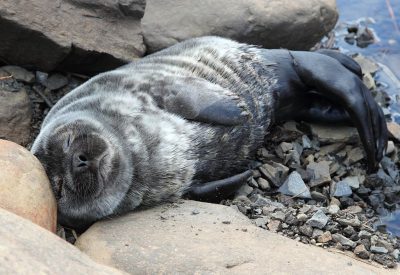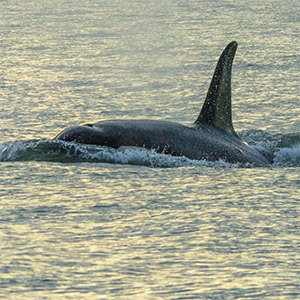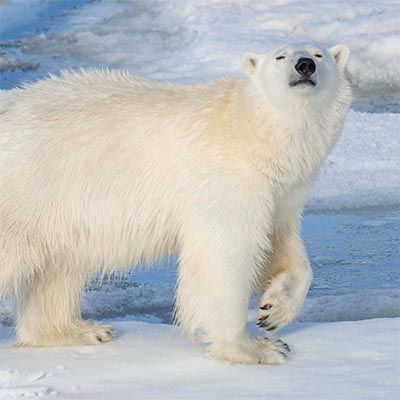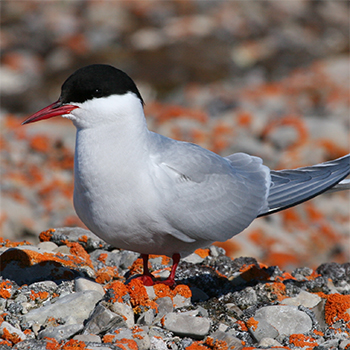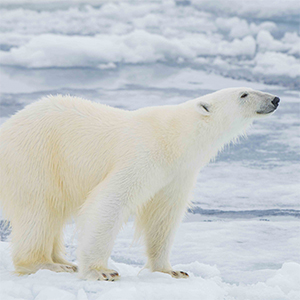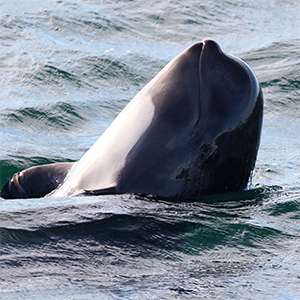Marie Auger-Méthé & Andrea Reid join the ranks of the RSC’s College of New Scholars, Artists and Scientists
Each year, the RSC invites scholars, artists and creators in the early stage in their career, who have been recognized through their exceptional contributions to the world of science and culture, and to the well-being of Canada to join the College.
IOF faculty members receive funding from Government of Canada
Dr. Marie Auger-Méthé’s Canada Research Chair in Statistical Ecology (Tier II) was renewed, and she, along with Dr. William Cheung and Dr. David Rosen received NSERC Discovery Grant funding.
UBC study analyzes the movements and dives of Hudson Bay ringed seals
Being a part of the Arctic food web means constantly moving around trying to avoid being eaten while looking for a snack yourself.
Decoding the secret lives of killer whales one micro-second at a time
Using methods to detect when the animals are catching prey and to model their energy expenditure will be key to understanding the differences between these neighbouring whale populations.
Enhanced statistical models will aid conservation of killer whales and other species
The whale used to develop the model preferred to save energy by gliding through the water when making deep dives, and when it was closer to the surface, it moved more actively, accelerating faster and ‘fluking’ its tail more often.
Ecologists and mental health researchers unite to improve patient care, save wild animals using Fitbit-like devices
Narwhals, sharks, and polar bears can help medical professionals improve care for patients with mental health struggles – and patients with conditions such as depression and bipolar disorder can offer insights that will help the conservation of many wild animals.
Surprising insights into the migration pattern of world’s farthest-migrating species
The Arctic tern—which has the world record for the longest annual migration—uses just a few select routes, a key finding that could help efforts to conserve the species
Q & A: Big data meets big (polar) bears
Goal: to learn how polar bears find food and understand how they use wind to guide them in their search for prey.
Partnership between researchers and whale-watch operators makes for big whale behaviour insights
Based on their findings, the researchers recommended that whale-watchers keep some distance from foraging areas to avoid disturbing the whales while they eat.


